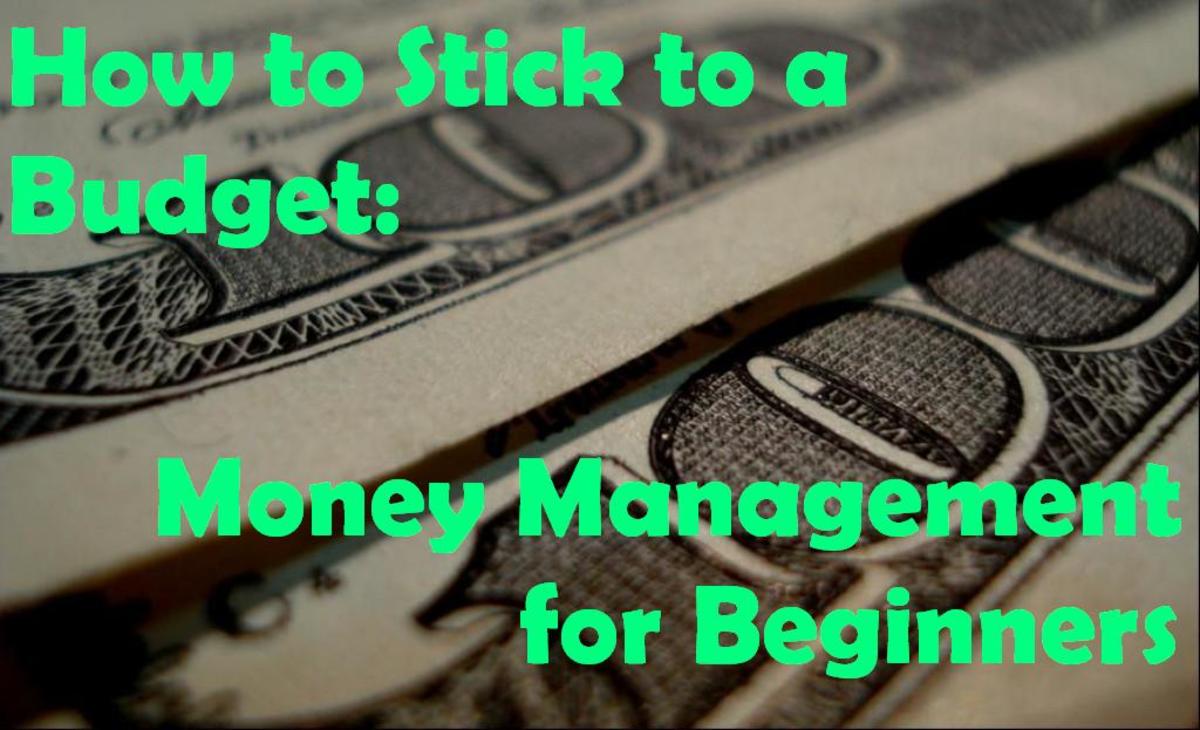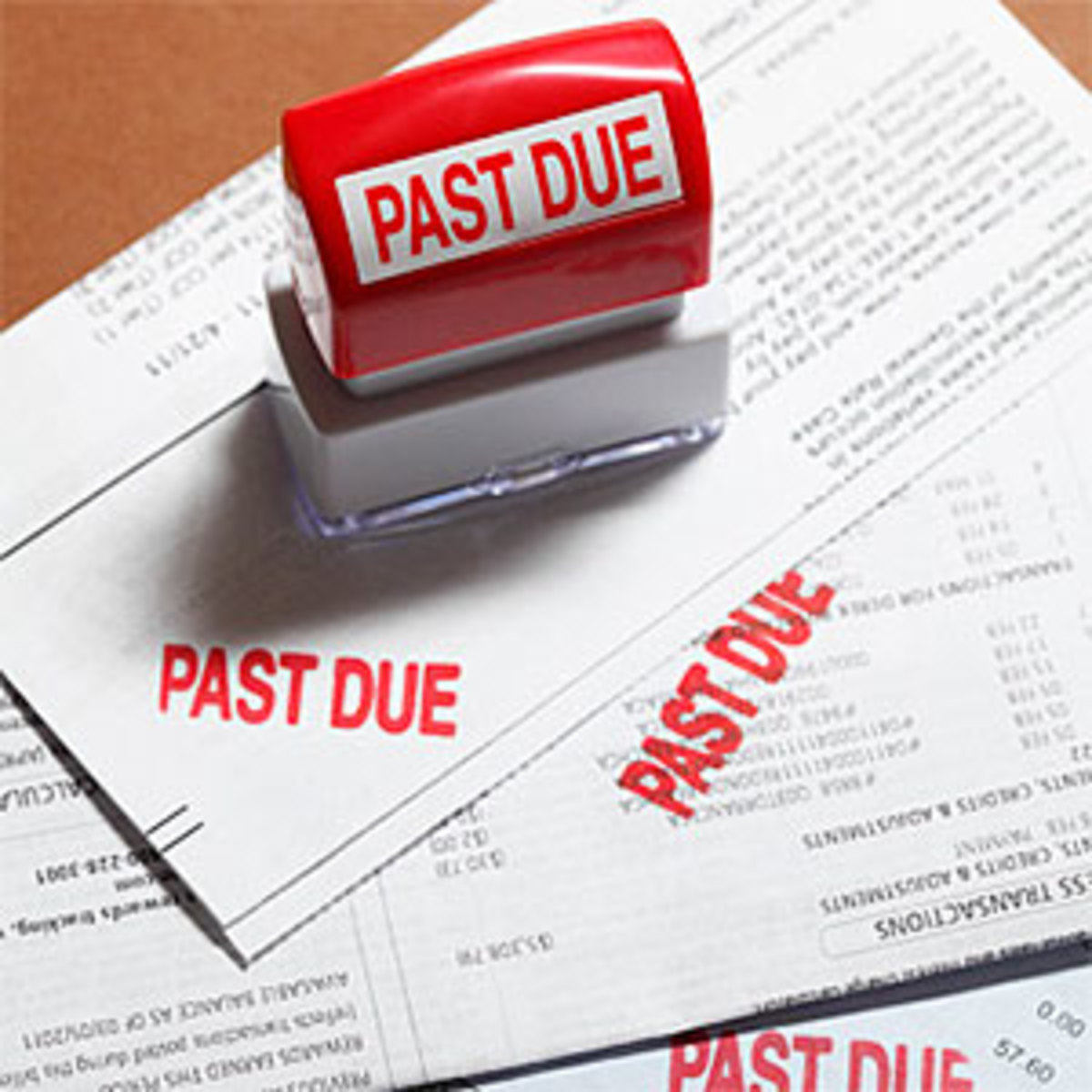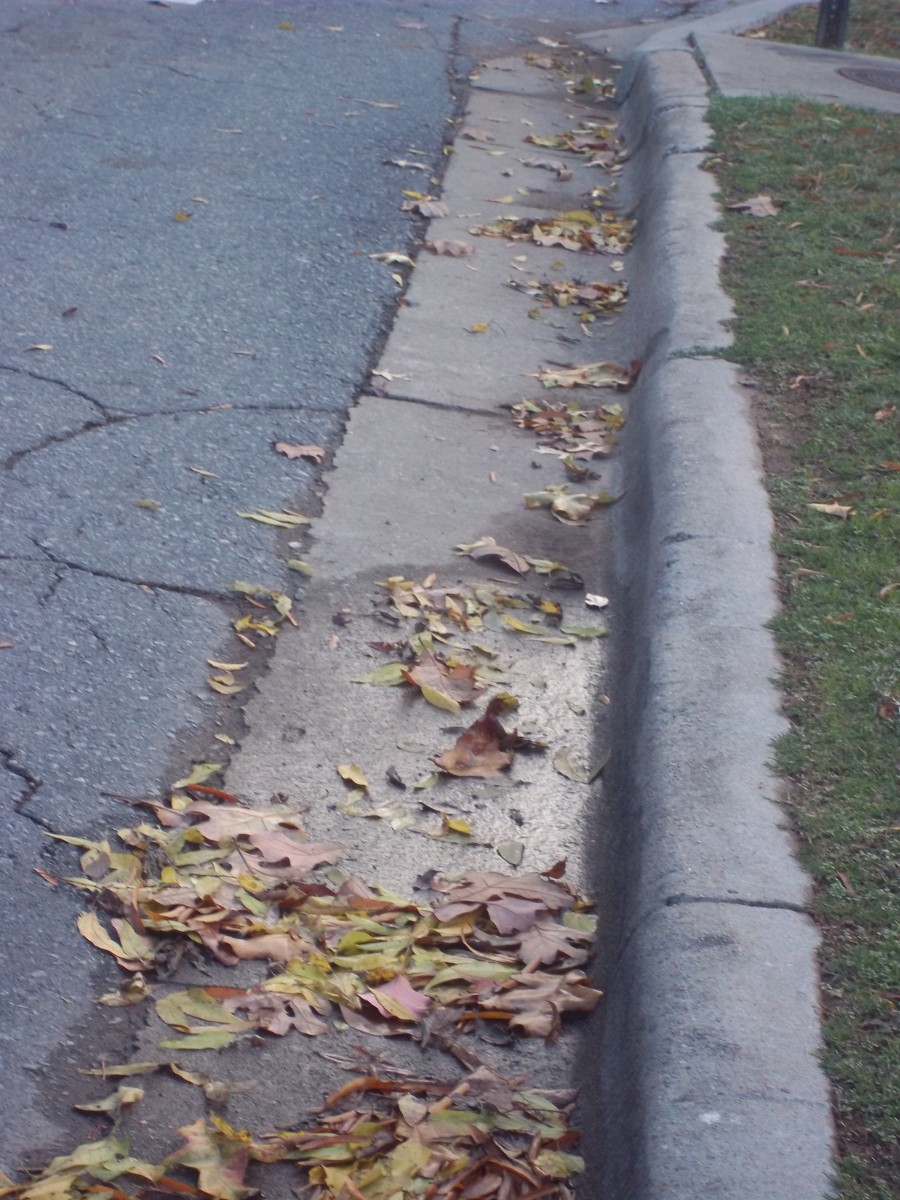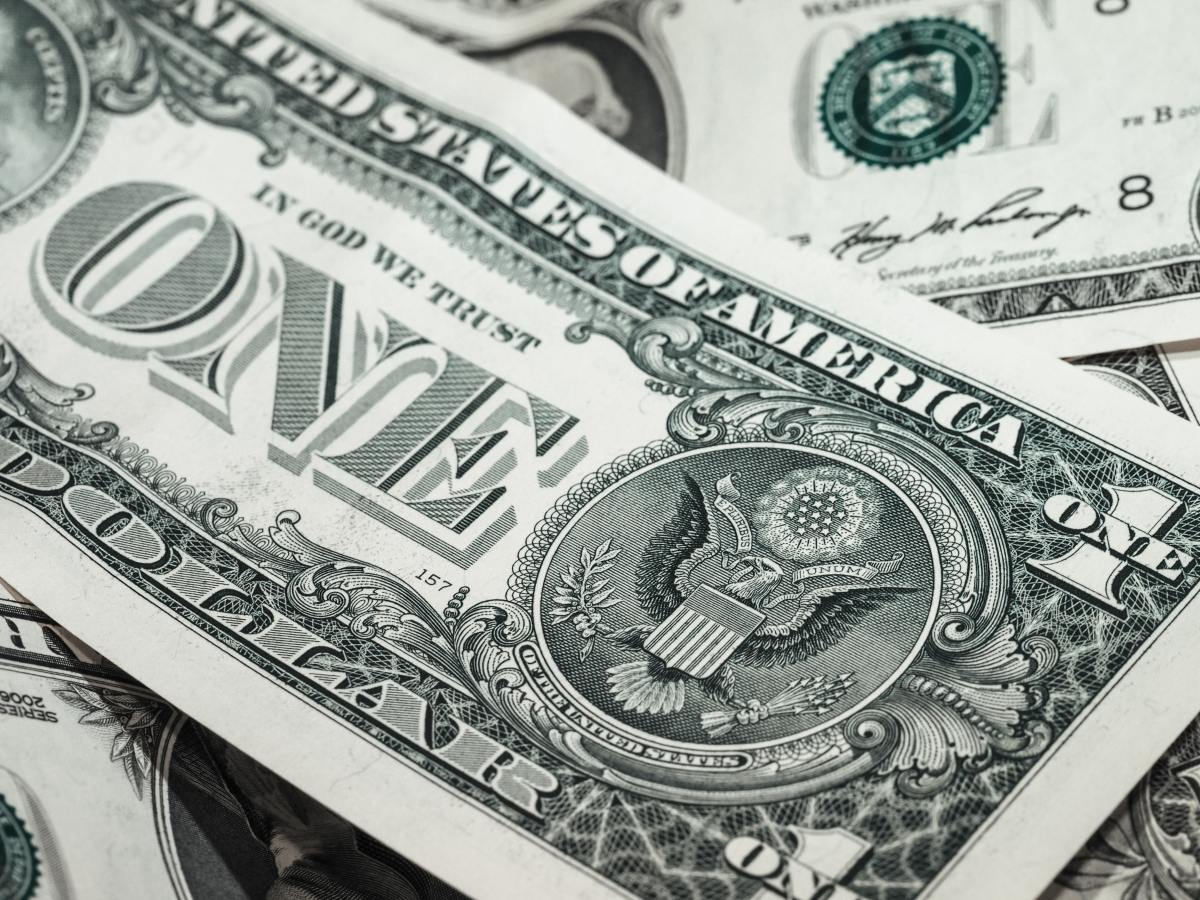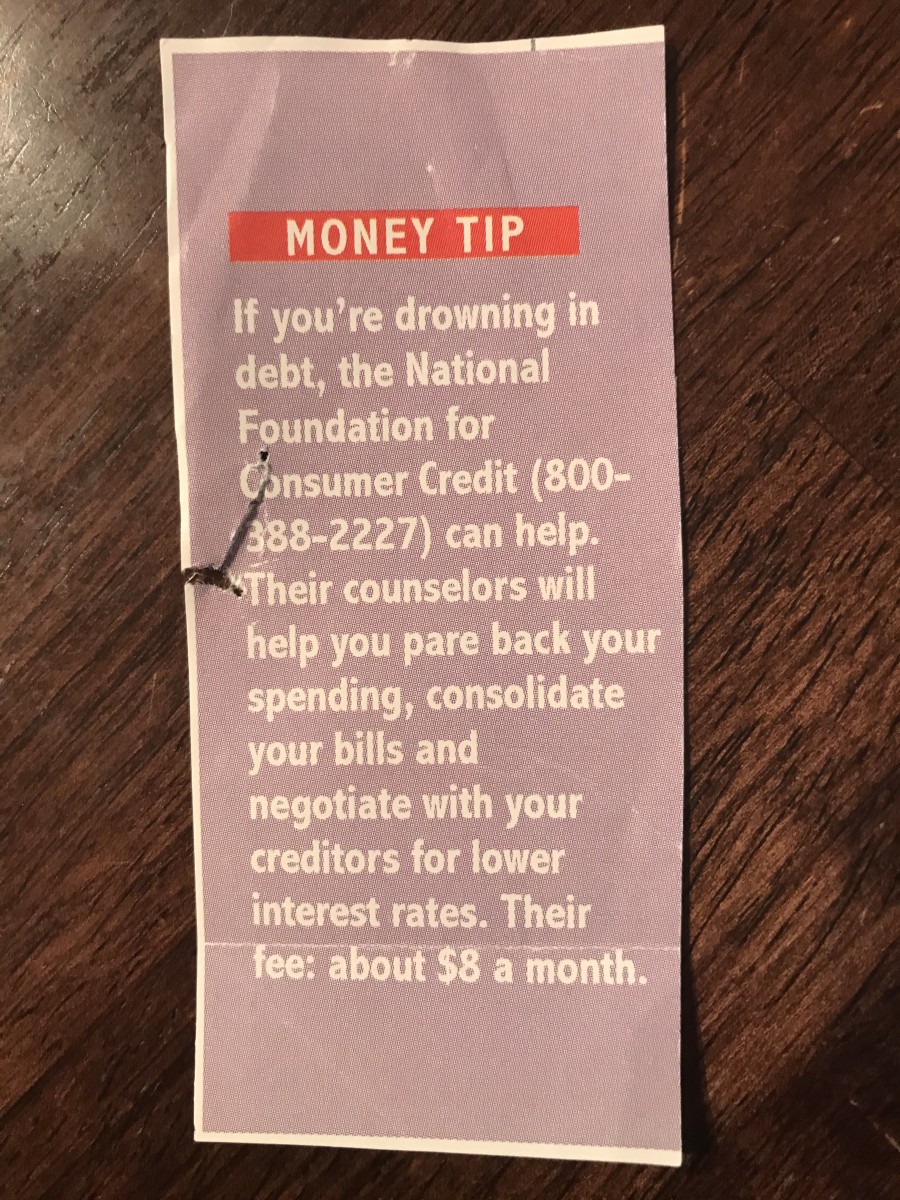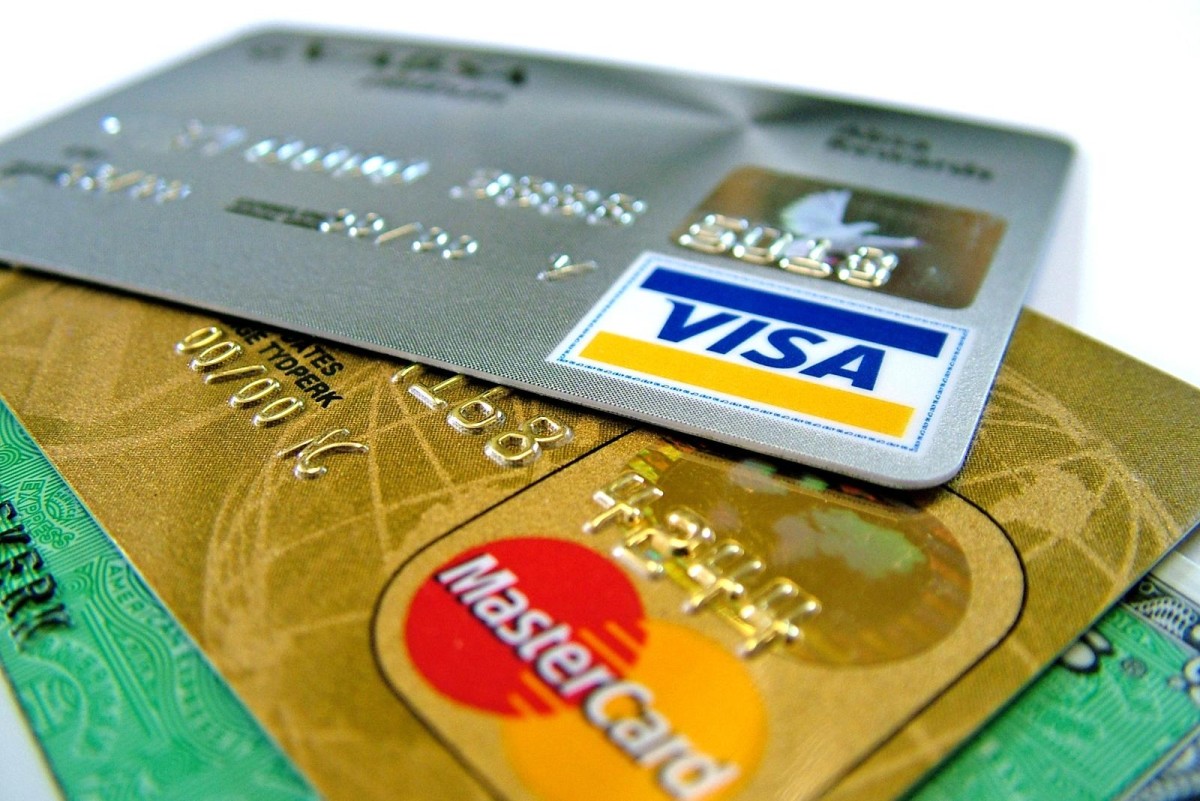Does Credit Equal Debt?
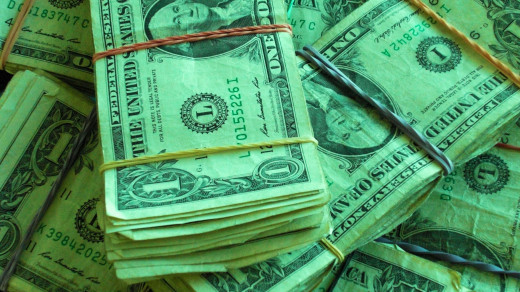
What is Wealth?
A simple equation to determine how wealthy you really are is by taking the amount of money you own, and subtract your debts from that. A lot of people think that the amount of money they take home in a month (or in a certain time frame) determines their wealth, but it really doesn’t. You can be making $10,000 a month and spend that $10,000 in a month without saving anything. You'd end up with virtually nothing later in life. Or you can make $3,000 a month and save $1,000 a month, and become wealthier over the years. The amount of money you have stored away determines your wealth, not by how much you make.
Fame Doesn't Always Equal Fortune
If you think that business owners, singers, actors, models, and lottery winners are more likely to stay wealthier than the average worker throughout their lifetime, think again. Did you know that 1 in 3 lottery winners become bankrupt within five years? And how many times have you’ve seen an article about a famous someone in the hole? It doesn’t happen because they all of the sudden stopped making money, it happens because of the way the money was used.
What’s the first thing that a lot of people do when they get a large sum of money? A lot of times you hear how they buy luxury houses, cars, jewelry, and go on lavish vacations. You rarely hear about them putting away any money, in fact a lot of times they finance things.
Credit Develops Debt
Spending excessively is a way that wealth is drained, but credit is the only way debt is developed. People credit and finance many things in their life that they think they need now, but they cannot afford. This leads to developing debt, and not only that, but developing a growing debt over time. With high interest rates, high monthly bills, and all the years it takes to pay it off, is credit really worth it? Why not live as credit free as possible and have the choice on how you want to spend your paychecks? If you really want something why not save up for it (the natural way) and buy what you want when you have the money? Over the course of your life, you’ll be wealthier and not have the stress of bills that keep rising just for existing because of interest. Why not pay-as-you-go in life and know that at any moment you can’t afford something you can let it go and find something more within your budget? Think about houses and cars (two of the biggest debt developers), why not rent where you live if you don’t have the money to purchase a home up front? Why not wait to get that car that you’ve always wanted until you have the funds to buy it and not lease it? Therefore, you pay only for what it’s worth, and you’re not stuck paying more for it with the thousands of dollars in interest.

Credit Cards Make Saving Hard
Credit cards are the worst debt builders because they have higher interest rates than most other loans. It’s also not meant to be paid off, but to be used over and over again. Think about all of the free money you’re giving away over the years just by having a credit card. You can always pay for online purchases with your bank debit card, or any other purchase if you prefer not to carry around cash.
People say you need to use credit in order to build your credit, but the question is - do I really want credit at all? Instead of giving away your hard earned money to credit and loan companies, put that money in your bank account and towards your wealth.
Easier Said Than Done?
It might be easier said than done to live completely credit free, but it is possible. Deciding to spend within your means is a great start. If you must own a credit card make sure you pay the statement balance off monthly, and think twice before financing something just to 'build your credit.' A great step in becoming debt free and wealthy is refusing to take on debt in the first place.
Ways to Live Without Credit
- Use your bank debit card for online purchases.
- Have a small savings account set aside for financial emergencies.
- Think twice before buying something that you don't really need.
- Save up money for a major purchase.
- Pay for everything up front, avoid financing.
- Borrow money from a close friend or relative in an emergency (make sure to pay it back!).
- Keep track of your monthly spending, and adjust where necessary.
- Give yourself an allowance of what you can spend every month.
- Put money aside in case you unexpectedly lose your job.
- Get a small side job or another means of making cash on the side.
- Refuse to use a credit card.
Do you currently own a credit card?
This article is accurate and true to the best of the author’s knowledge. Content is for informational or entertainment purposes only and does not substitute for personal counsel or professional advice in business, financial, legal, or technical matters.
© 2013 Michelle V

